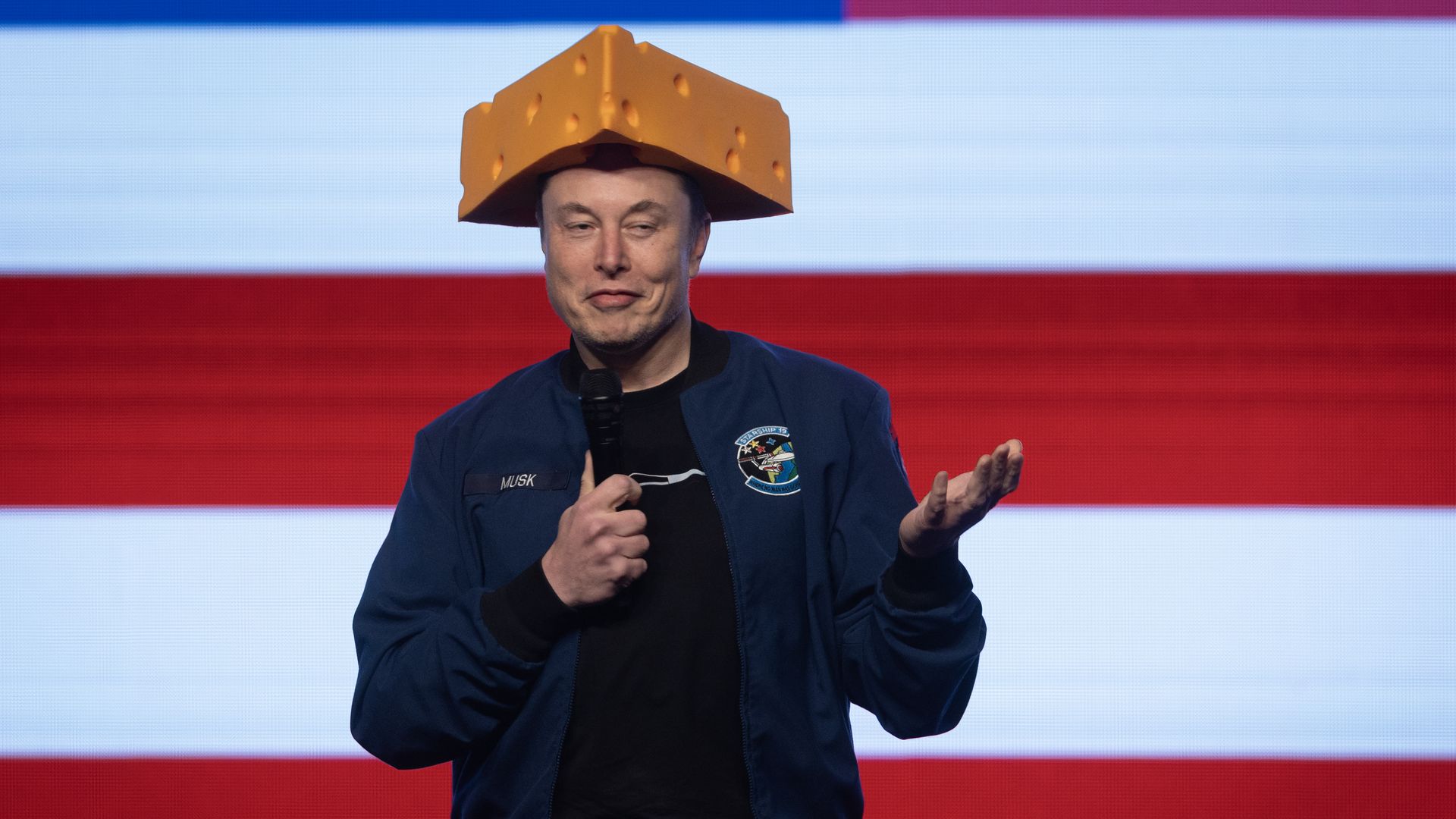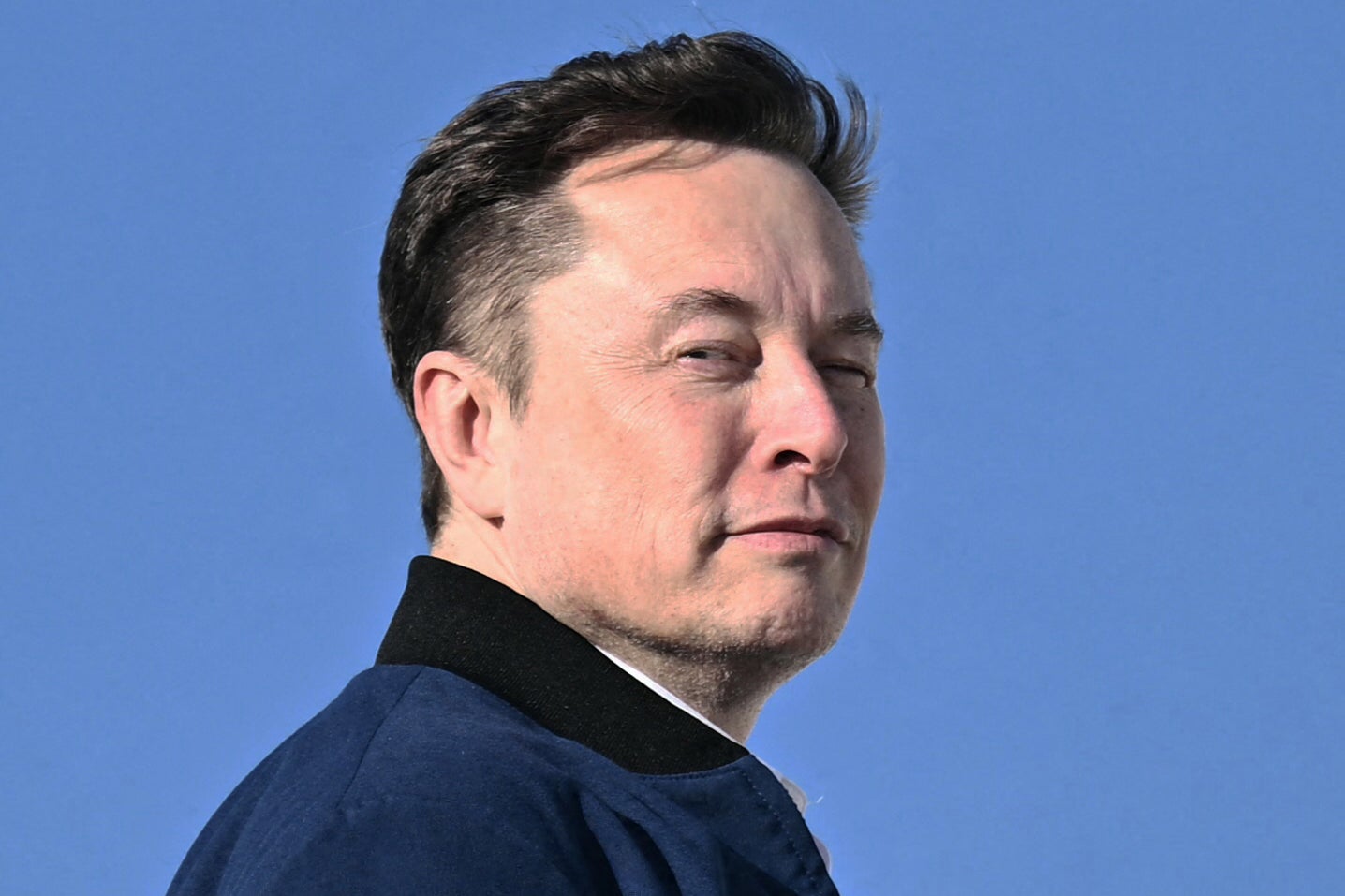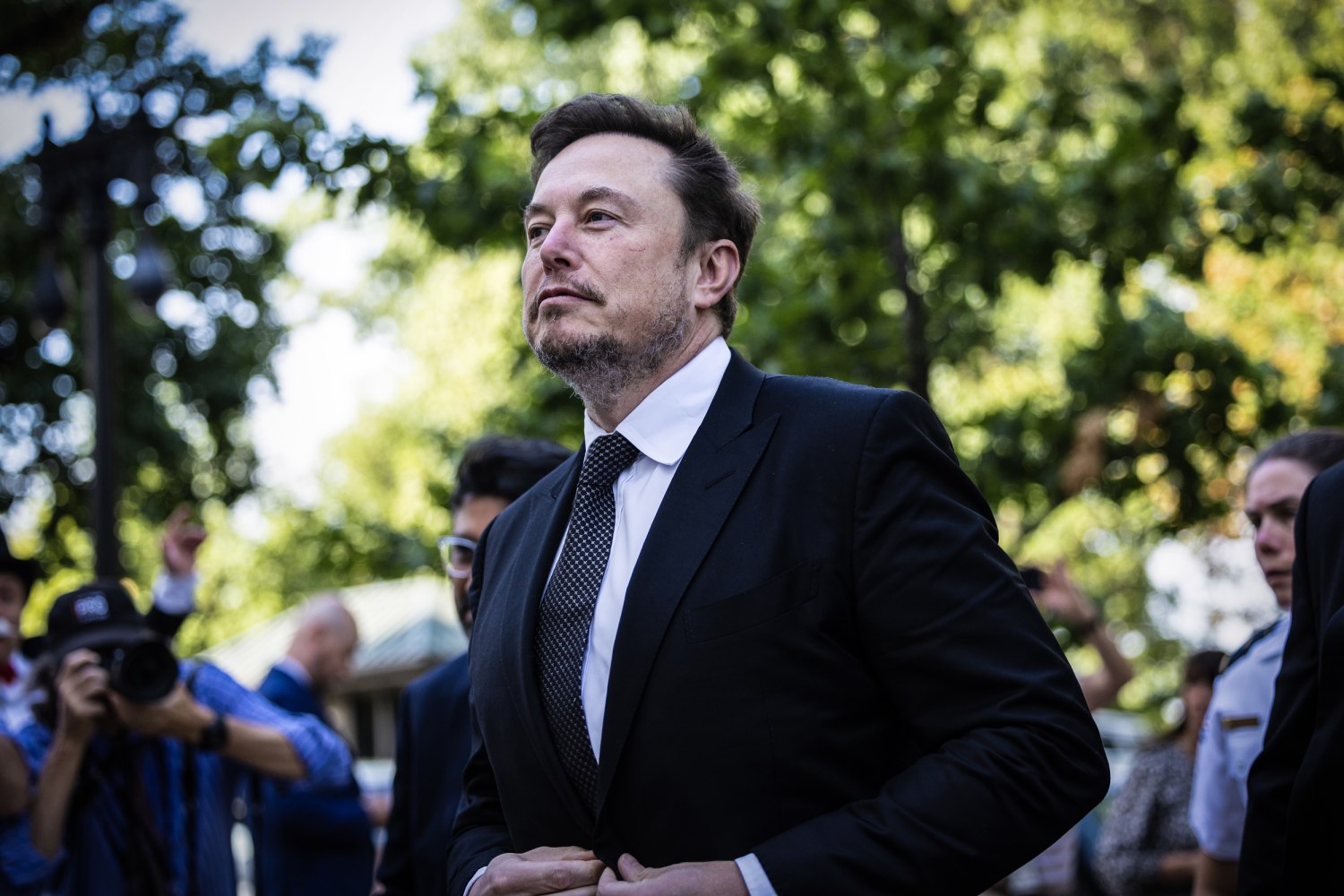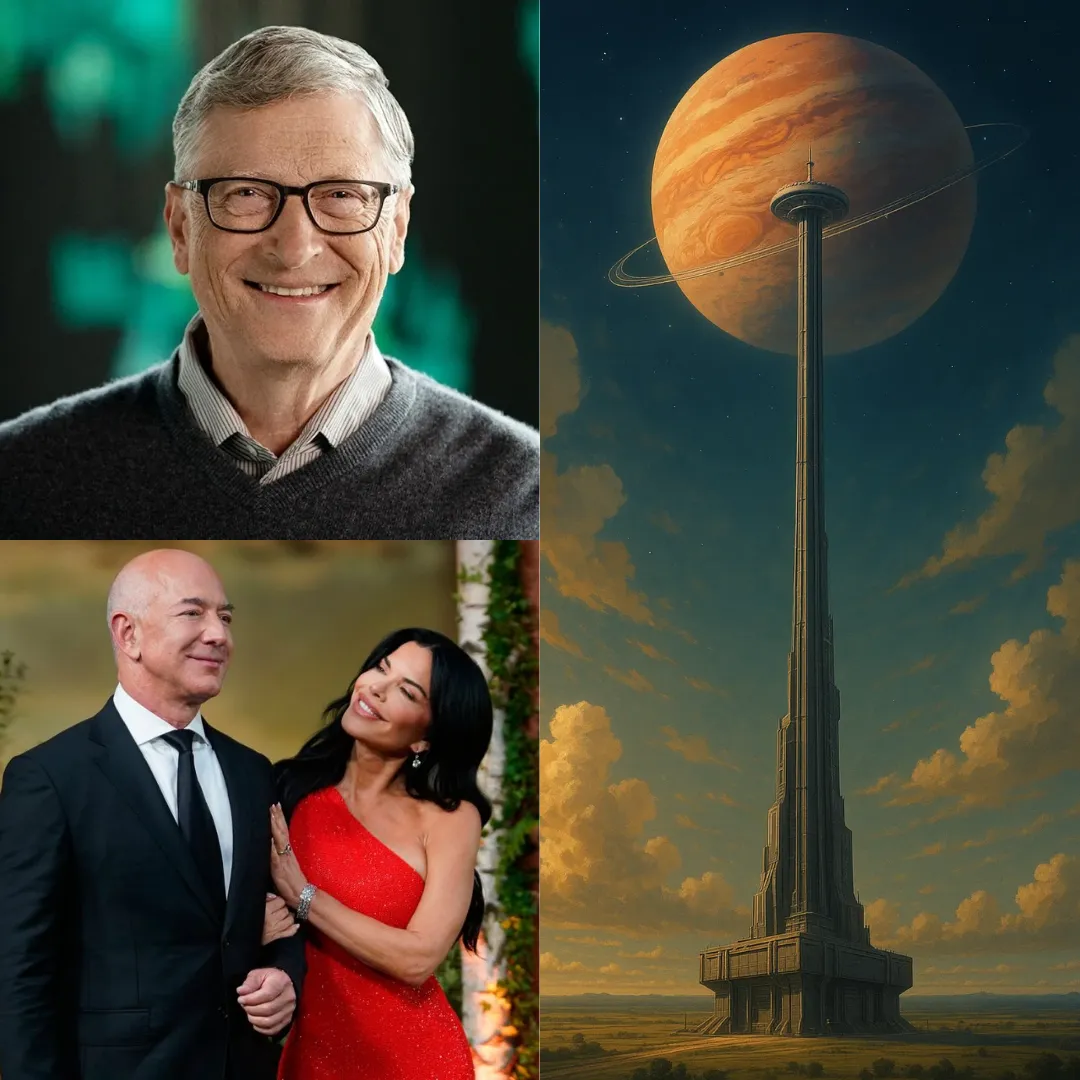
In a world increasingly shaped by rapid-fire digital interactions and public displays of executive transparency, a brief yet illuminating exchange between the CEOs of Quora and Google on Elon Musk’s X platform (formerly Twitter) has sparked a new wave of discourse—not about video conferencing software, but about where the true center of technological gravity now resides online. And if Elon Musk has anything to say about it, the answer is not Facebook.
It began as a standard corporate critique. Adam D’Angelo, the CEO of Quora and a former CTO at Facebook, took to X to share a firsthand account of his company's short-lived experiment with switching from Zoom to Google Meet. “At Quora we recently tested switching from Zoom to Google Meet for a week,” D’Angelo wrote. “Google Meet is better in many small ways, but worse in one big way: audio quality, particularly background noise cancellation and echoing. That kills it so we are staying on Zoom!”

For most platforms, such commentary might float unnoticed. But on X—a platform increasingly shaped by Elon Musk’s personal ethos of direct engagement and radical openness—this post became the catalyst for a multi-billion-dollar tech dialogue. In a surprising move, Google CEO Sundar Pichai personally replied to D’Angelo’s post, offering to troubleshoot the issue.
“Hey Adam, will follow up offline as haven't experienced this... we will debug to understand the root cause and fix. Thanks for flagging,” Pichai wrote.
D’Angelo, in turn, responded with appreciation and openness to change: “Thank you!! Would love to switch if this is fixed!” What may have previously been a conversation buried in corporate emails instead unfolded in real time for millions to see. That public-facing dynamic is exactly what drew Elon Musk to chime in—and he did so with characteristic bravado.
Responding to a post by tech founder Yuchen Jin, who remarked that “Google is back and probably will win the AGI race when its CEO starts doing customer support on X,” Musk seized the moment to underline the strategic and symbolic importance of his platform. “The smartest & most influential people in the world interact on X,” Musk tweeted.
This was not merely a celebratory nod to the viral moment—it was a clear, deliberate statement aimed at undermining the relevance of legacy platforms like Facebook and LinkedIn. In Musk’s view, X is evolving into something far more potent: the agora of the modern tech elite, where CEOs, engineers, researchers, investors, and observers converge in a transparent ecosystem of debate, problem-solving, and reputation-building.

The symbolic weight of the interaction cannot be overstated. Here was Adam D’Angelo, a former Facebook executive and now head of one of the most prominent Q&A platforms on the internet, publicly evaluating a rival tech giant’s product, and receiving personal support from none other than Sundar Pichai himself—all within the public square owned by Elon Musk.
The fact that the conversation occurred on X, and not on Meta’s Threads, Facebook Groups, or even LinkedIn, is exactly the kind of narrative Musk wants to amplify.
Observers on X were quick to echo the sentiment. “Wild times when CEOs are doing support in the replies,” one user marveled. Another commented, “That is why I learned a lot of things from these influential people who interact on X. It's like having a deep dive into what is going on in their companies.”
A third chimed in, “Also learning from these people is a great experience,” while a fourth reflected on the broader cultural shift: “When I was younger, the first social networks focused on a specific geographic location... Now, it’s global, and communication barriers have fallen. Interesting times.”

These aren’t just casual remarks. They underscore what Musk believes is the differentiator for X in an age of increasingly sanitized and algorithm-curated feeds on other platforms. X is messy, raw, immediate—and if Musk gets his way, it will be the dominant venue where the titans of tech and their millions of followers shape the narrative of the future.
Musk’s statement is also part of a broader trend in how he is rebranding X into something more than a social media platform. Under his leadership, X is evolving into a catch-all tech ecosystem—a place for news, payments, podcasts, streaming, and apparently, public troubleshooting. It’s not just a platform; it’s a brand extension of Musk himself: unfiltered, omnipresent, and loaded with ambition.
Facebook, by contrast, has struggled in recent years to maintain its grip on the elite discourse. While it remains a dominant force in global social networking by sheer numbers, the platform has pivoted toward family groups, meme culture, and e-commerce. It is not the place where Sundar Pichai goes to answer customer feedback or where Adam D’Angelo shares experimental product feedback.
Nor is it where Elon Musk wants to be. And perhaps that’s the point.

With this incident, Musk is seizing yet another opportunity to reshape how the tech industry communicates—and where it does so. His declaration that “the smartest & most influential people in the world interact on X” isn’t merely a self-congratulatory tweet. It is a strategic assertion of dominance in the new hierarchy of online power.
At a time when Meta is betting heavily on the metaverse and Threads is still struggling to pull serious engagement from Twitter’s intellectual and political class, Musk is doing what he does best: amplifying moments that elevate his vision while subtly undercutting his rivals. And in this case, the rival is not Google—it’s Facebook.
Despite Sundar Pichai being the other major figure in the exchange, Musk’s point is not to challenge Google’s competence, but to highlight X’s role as the central nervous system of elite tech discourse.
Musk’s claim carries weight not because of user numbers—Facebook still outpaces X by hundreds of millions—but because of perception. In the world of influence, where perception often matters more than statistics, X now positions itself as the virtual boardroom where billionaires brainstorm, tech founders collaborate, and industry watchdogs take notes.

This trend also speaks to a shift in how reputation is managed in the digital age. CEOs like Musk, Pichai, and even D’Angelo understand that managing perception no longer happens in polished press releases or private interviews. It happens in the replies. It happens in memes. It happens in comment threads that spiral into full-blown news cycles. It happens on X.
And for Musk, this presents an irresistible truth: If the future of communication among the world’s smartest and most powerful is happening on his platform, then X doesn’t just compete with Facebook—it replaces it.
In the aftermath of this viral moment, there is little doubt that the dynamics of executive visibility are changing. Where once CEOs were distant figures issuing statements through PR channels, today they are participants in the global town square, taking feedback and firing back in equal measure.
Whether Elon Musk’s claim about the smartest people choosing X holds true in the long run remains to be seen. But if influence is measured by visibility, engagement, and control over narrative, then Musk’s platform is gaining ground—not by copying its competitors, but by reshaping what digital leadership looks like.
In Musk’s world, being present and reactive on X isn’t a luxury—it’s the new requirement. And with every viral moment like this one, the divide between old social media and Musk’s vision of digital discourse grows a little bit wider.
-1747889572-q80.webp)

-1747734794-q80.webp)
